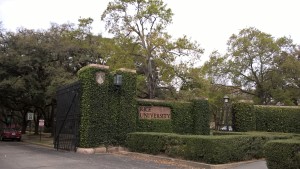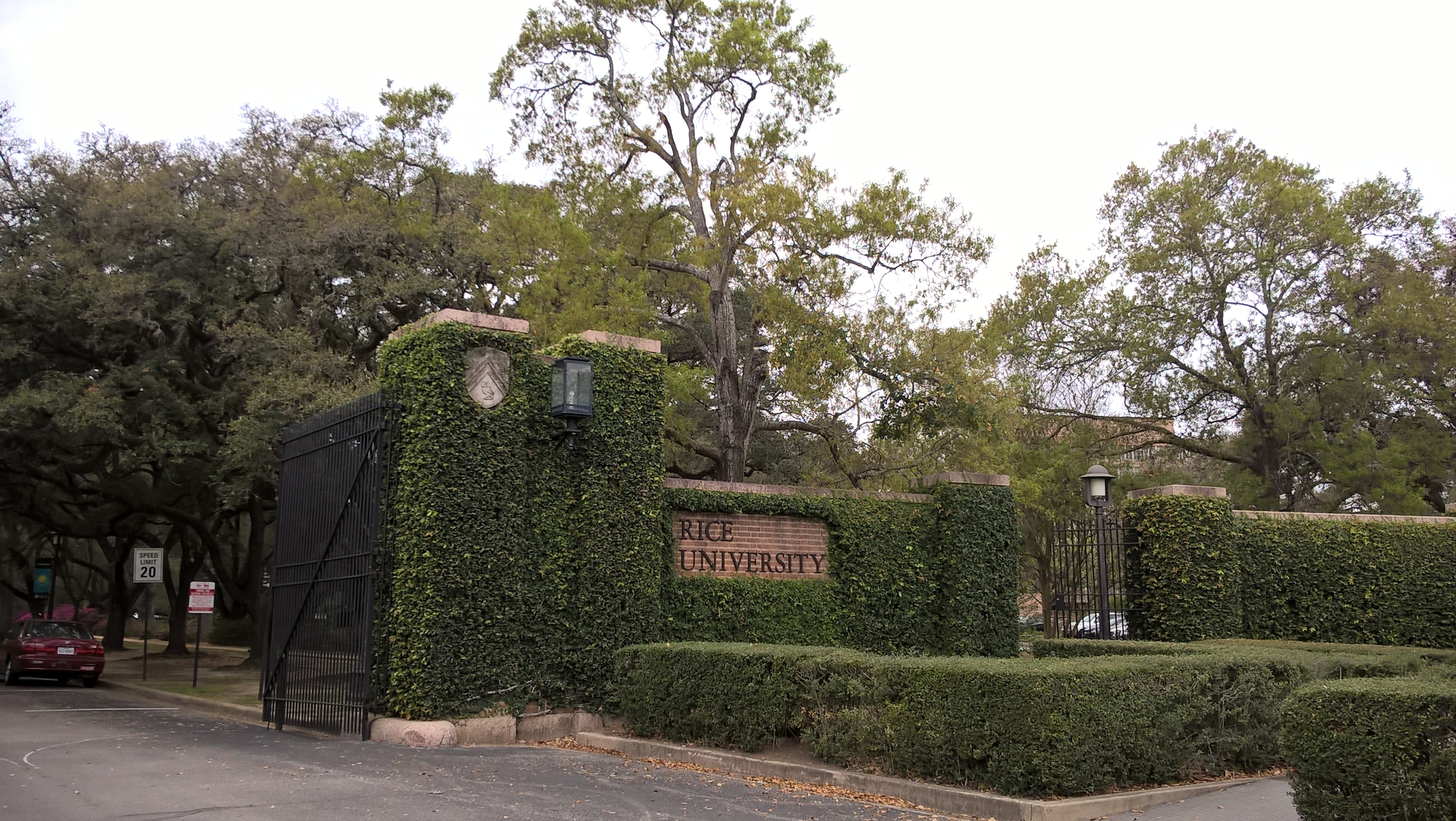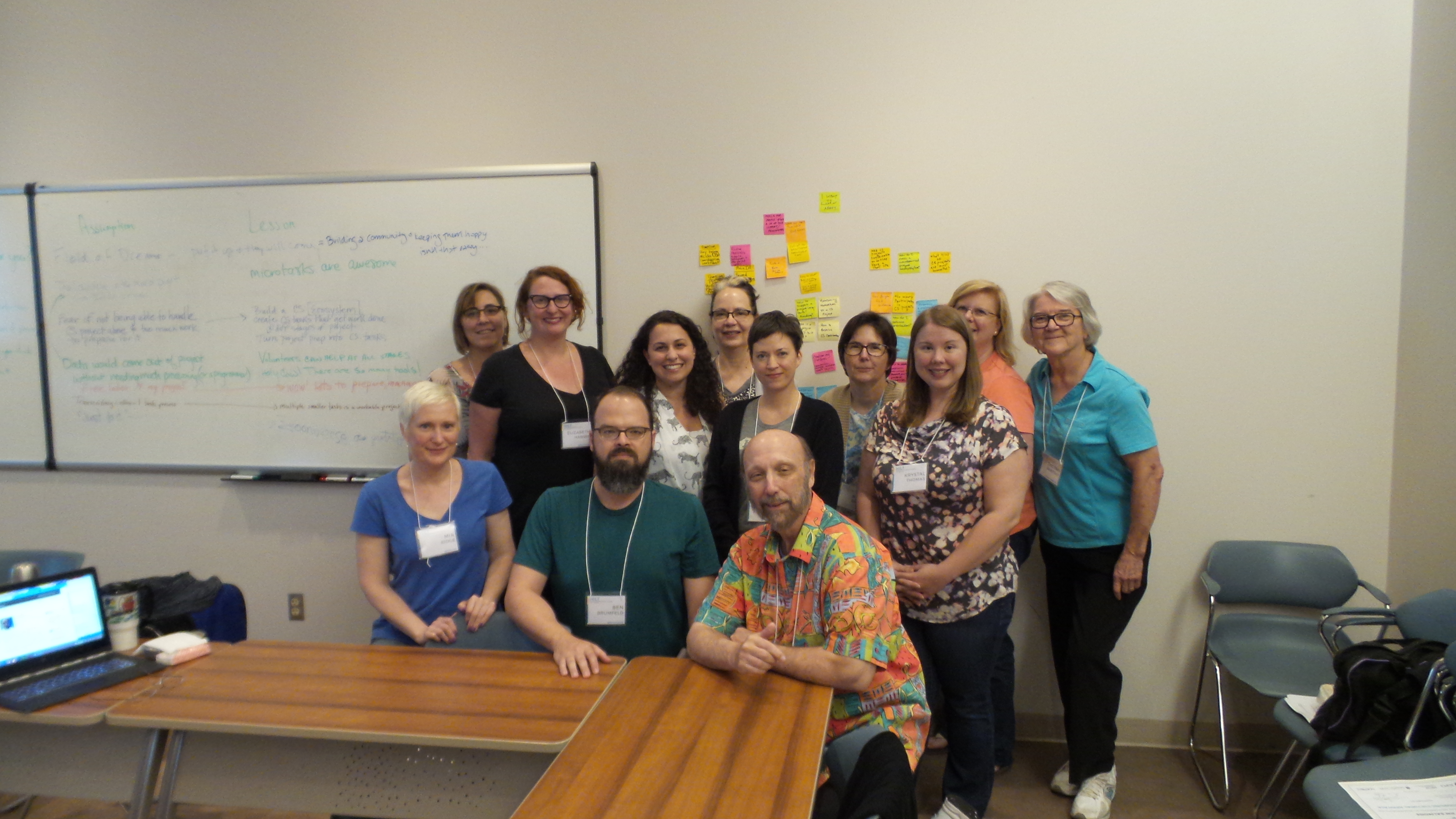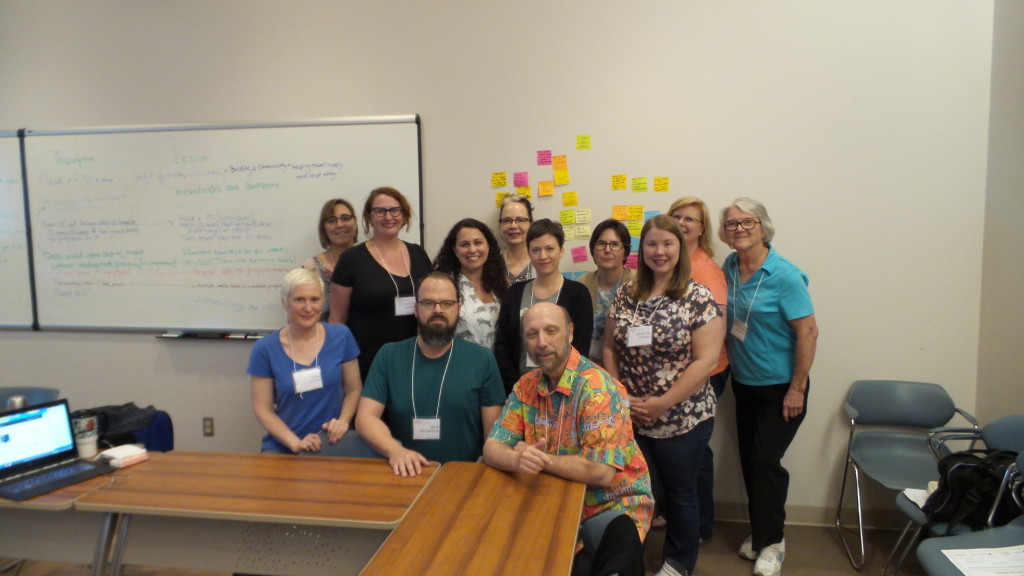As part of my trip to Texas for SXSW, I was invited to give a workshop on 'Crowdsourcing and Cultural Heritage' in the Fondren Library at Rice University's Humanities Research Center Sawyer Seminar series on March 7, 2016. My slides are below. My visit was a great chance to find out more about the teaching and projects at the Research Center, and my thanks go to the organisers for their excellent hospitality.
Abstract: This workshop will provide an overview of crowdsourcing in cultural heritage and consider the ethics and motivations for participation. International case studies will be discussed to provide real life illustrations of design tips and to inspire creative thinking.



